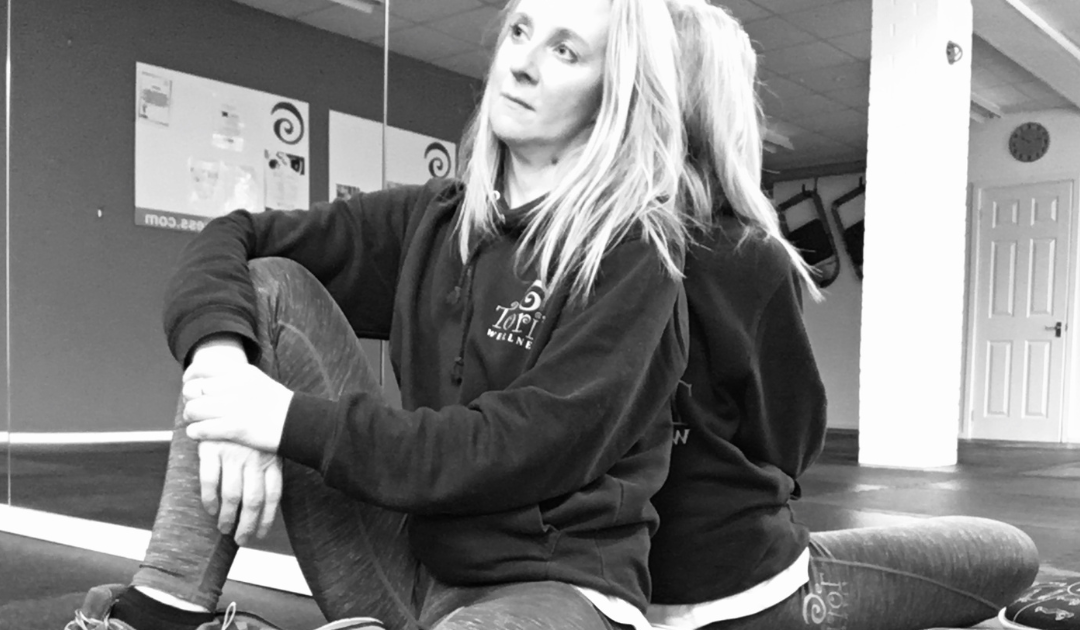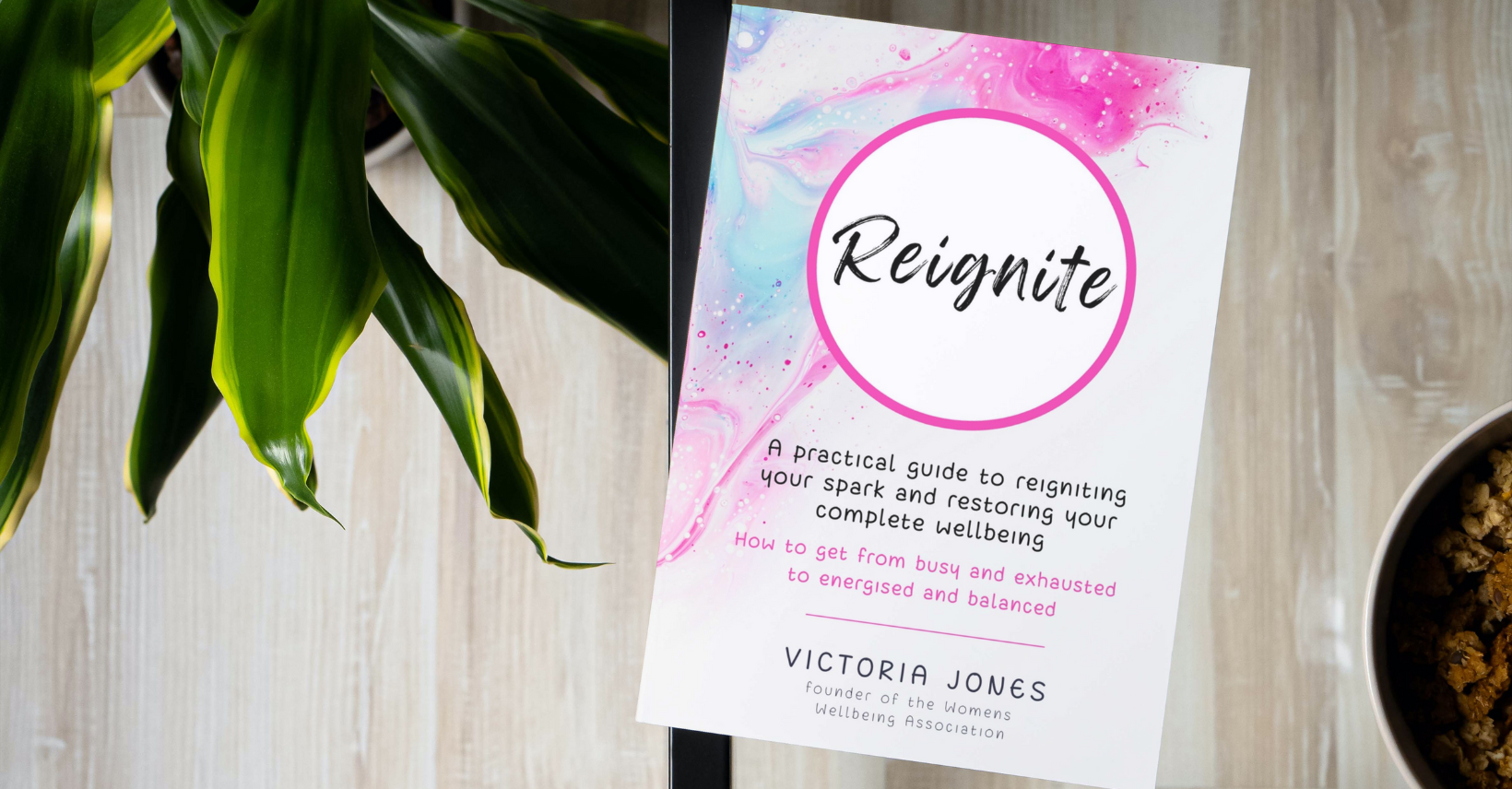It is national stress awareness day and stress is one of the wellbeing topics I’m most passionate about. For me, it’s the biggest consideration for our wellbeing and hormonal health.
Today I am sharing an exert from phase one of my book, Reginte.
Of course, life has evolved, and the sabre tooth tiger is no longer our greatest life-threatening danger. There are so many other things we react to or anticipate as a danger and, whilst most of them are not life-threatening dangers, the body respond to them as though they are.
Not all stress is obvious and there are three main types:
Physical stress
Injury, illness, inflammation in the body, food choices and over exercising can all activate our stress response, as can hormonal changes.
Emotional stress
Childhood trauma, busy home or work life, current fears and worries around finances, health, older parents, young children or work can all trigger the stress response, as can the upset around relationship breakdowns, loss or loneliness.
Environmental stress
This is probably the most hidden stressor in our lifestyle but we live in a highly toxic world. We are surrounded by chemicals in our skincare and beauty products, our cleaning products, our food and plastics. Artificial light and air pollution also cause a stress response.
So many women are constantly dealing with a combination of these stressors, day in and day out. Whilst in isolation they are all relatively low-level factors, the continuous build up can, over time, put our body into a state of chronic stress.
This chronic stress not only causes a range of troublesome symptoms but because our bodies will always prioritise survival over reproduction, if the stress hormone cortisol is continually released, the production of the main sex hormones is, in turn, compromised.
This triggers further disruption through our entire endocrine system, ultimately creating even more imbalance to our health and wellbeing.
Some symptoms of stress are similar to those associated with declining sex hormones, including brain fog, memory loss, low libido, anxiety, insomnia and digestive problems or food sensitivities.
Untreated low-level chronic stress can also lead to problems with infertility, heart disease, metabolic and thyroid function, problems regulating the heart rate and much more serious disease (dis-ease in the body).
Whilst I strongly recommend you reduce your exposure to environmental stressors, you also need to learn how to MANAGE your own physical and emotional stress.
Again there is no ‘one size fits all’ for this and I hate to be the bearer of more bad news but a large glass of wine and bar of chocolate whilst scrolling through social media is NOT a stress management strategy. It is just another way to produce even more cortisol.
Manging stress means ACTIVELY de-stressing EVERYDAY to bring the sympathetic and parasympathetic nervous systems into balance. This brings the body out of the ‘fight or flight’ state and into the ‘rest and digest’ state.

